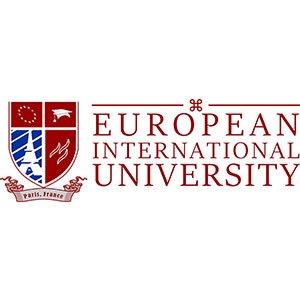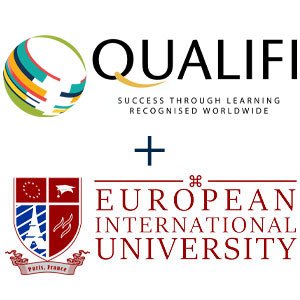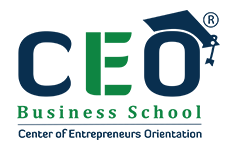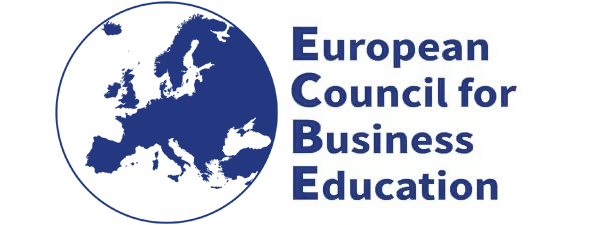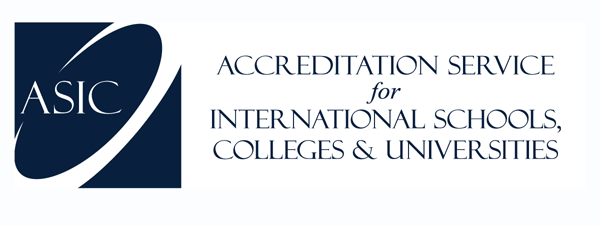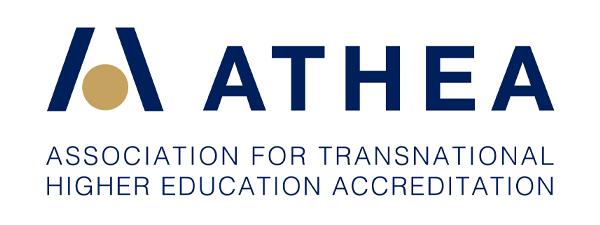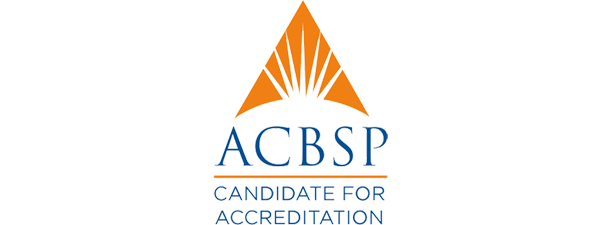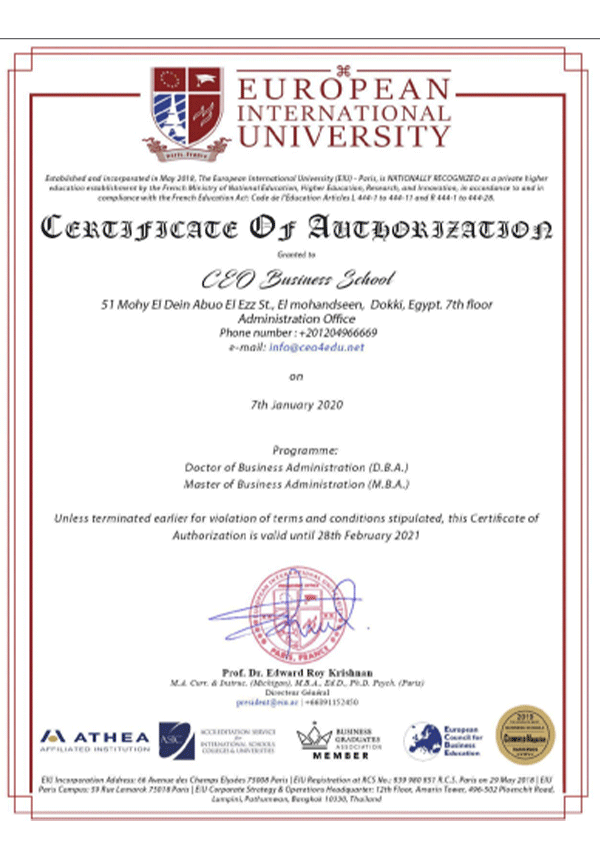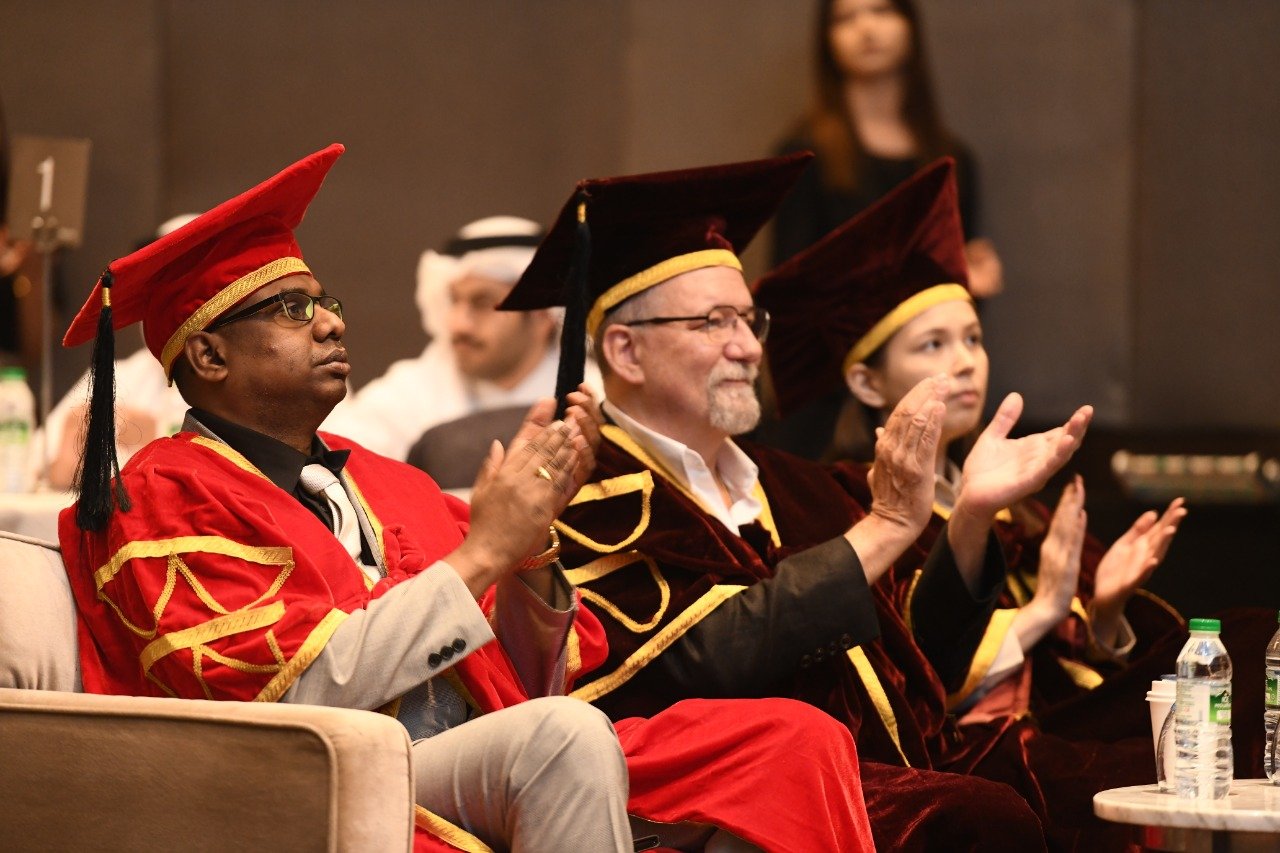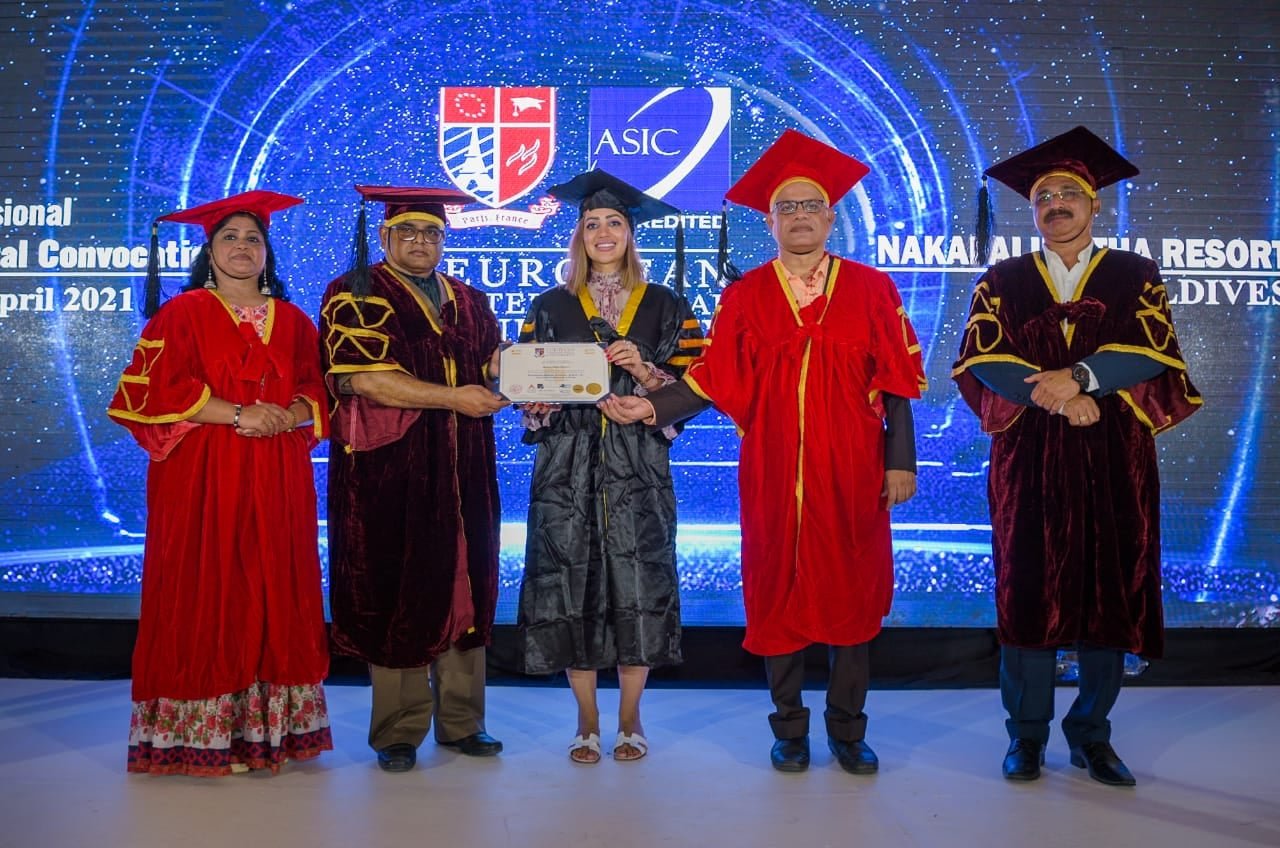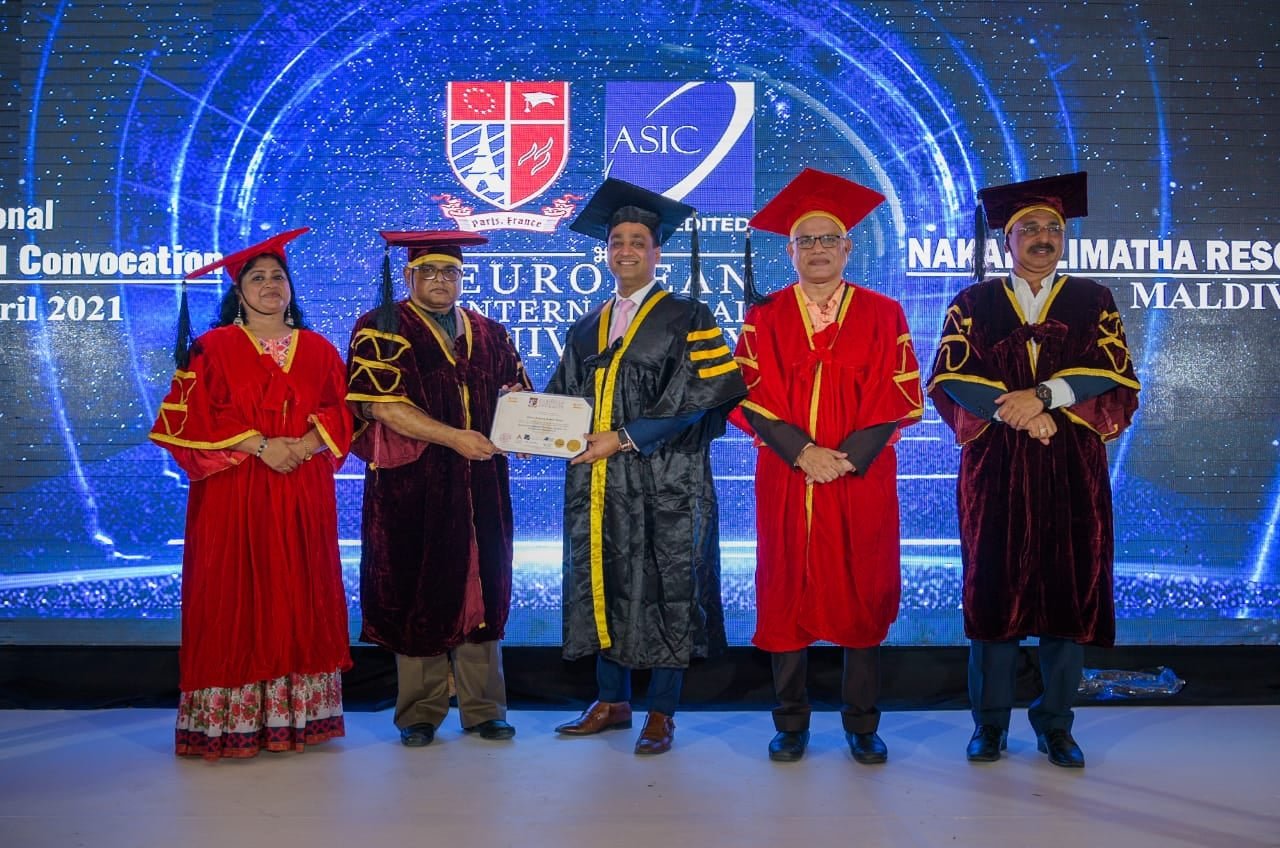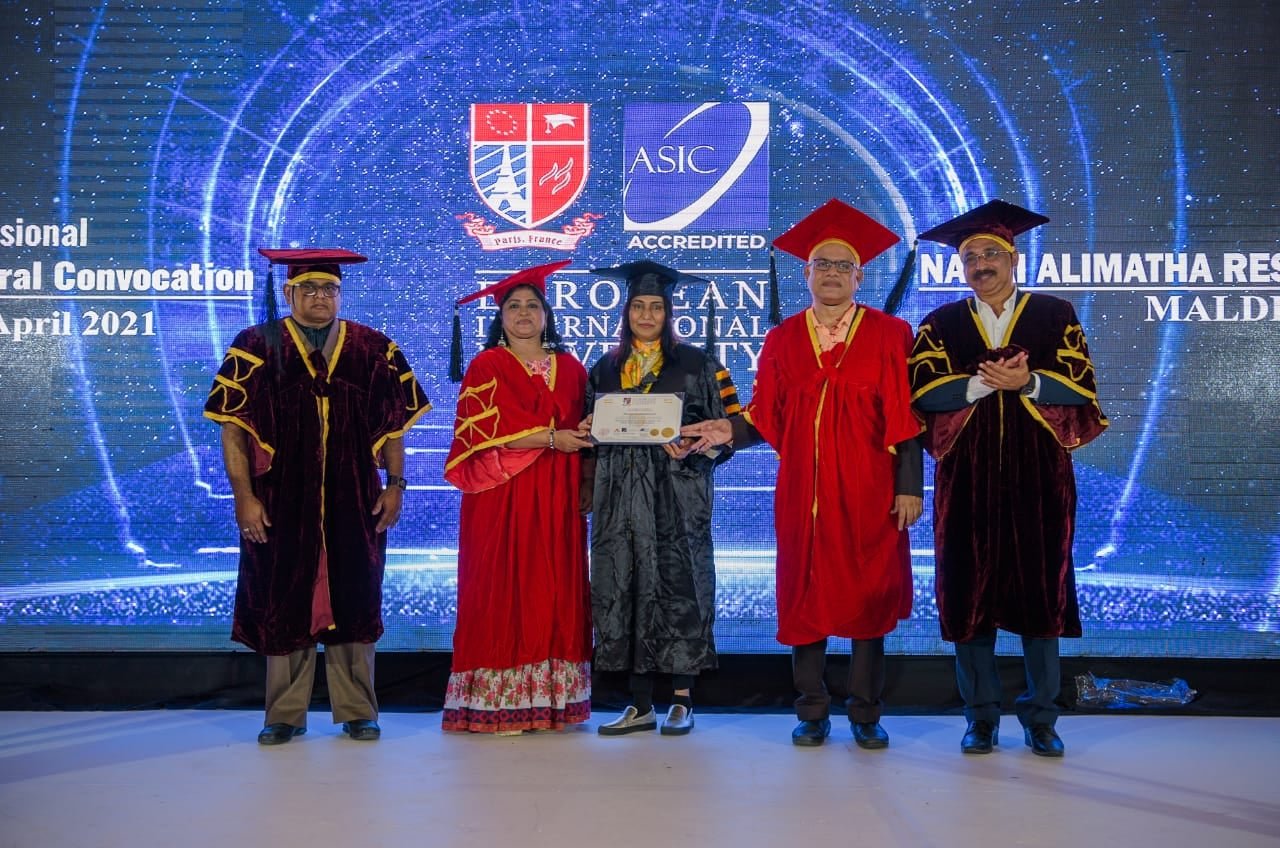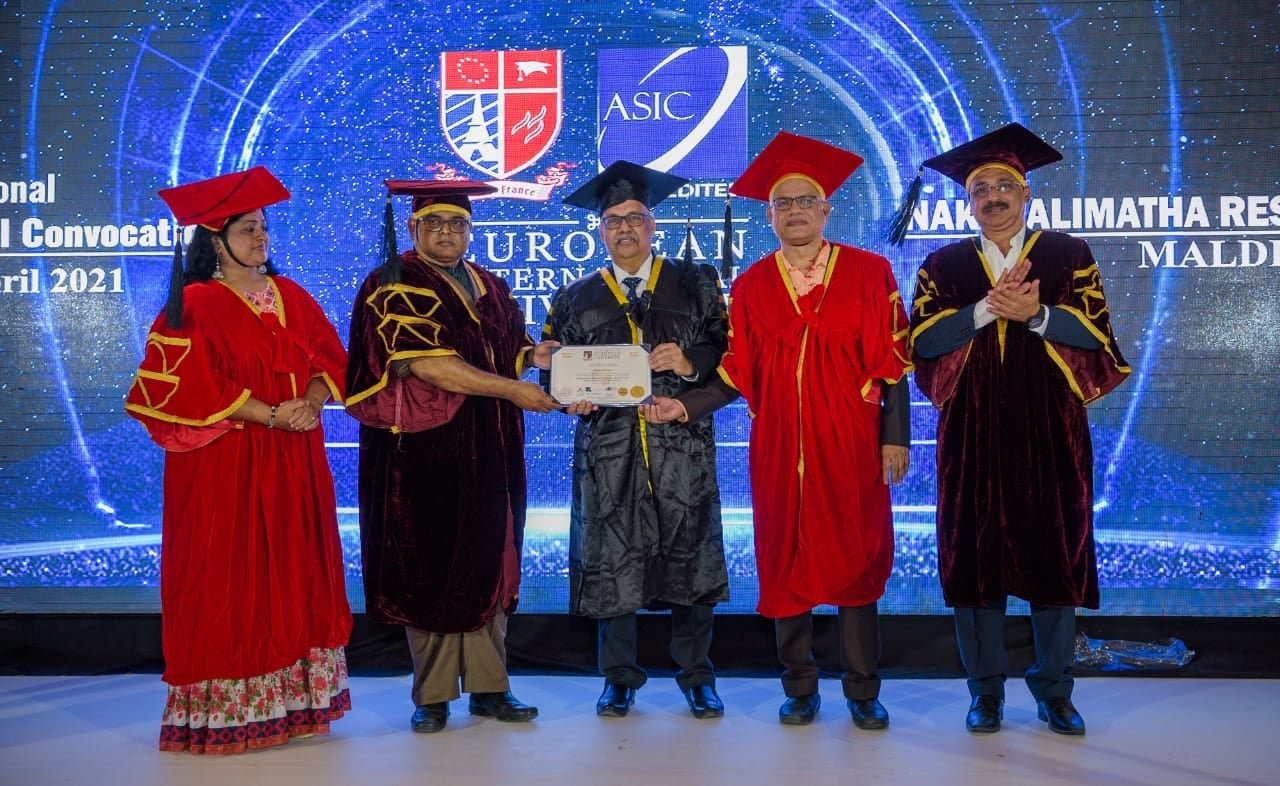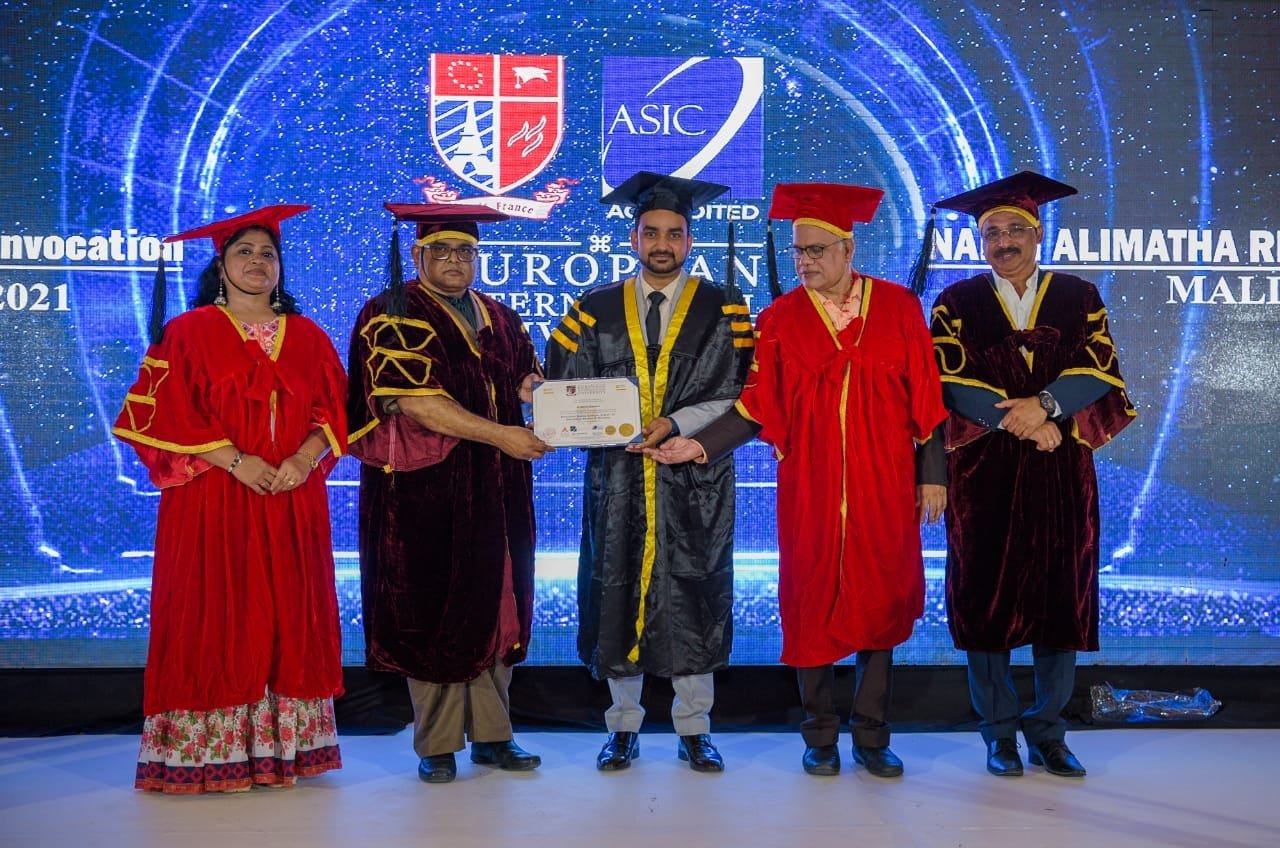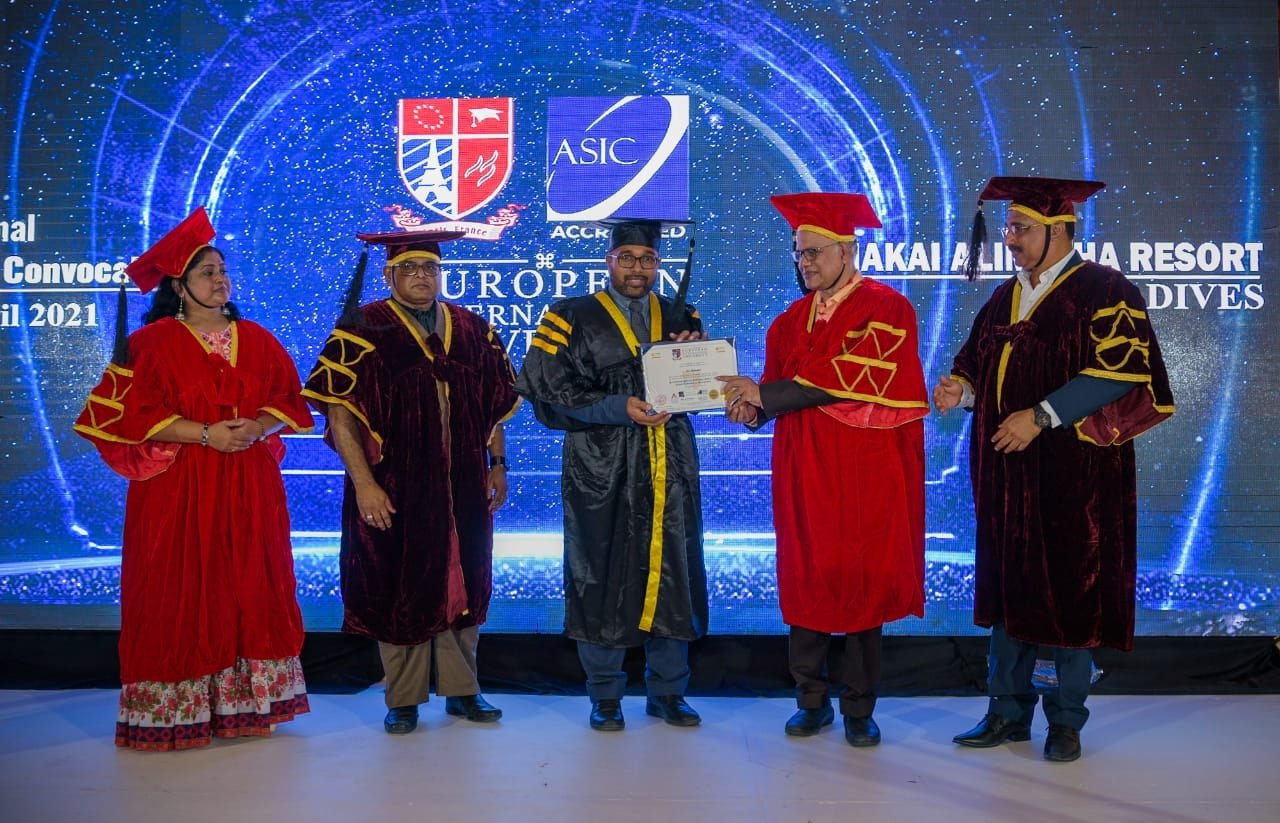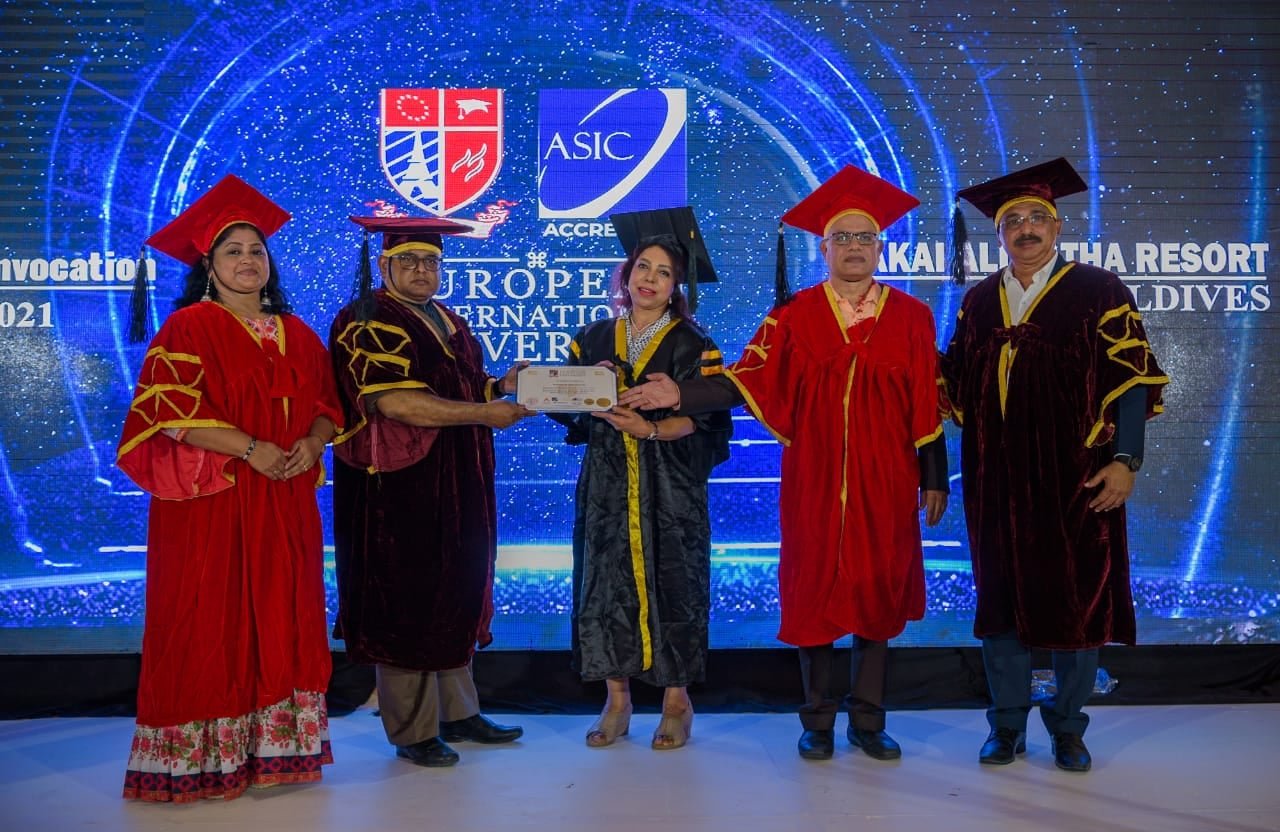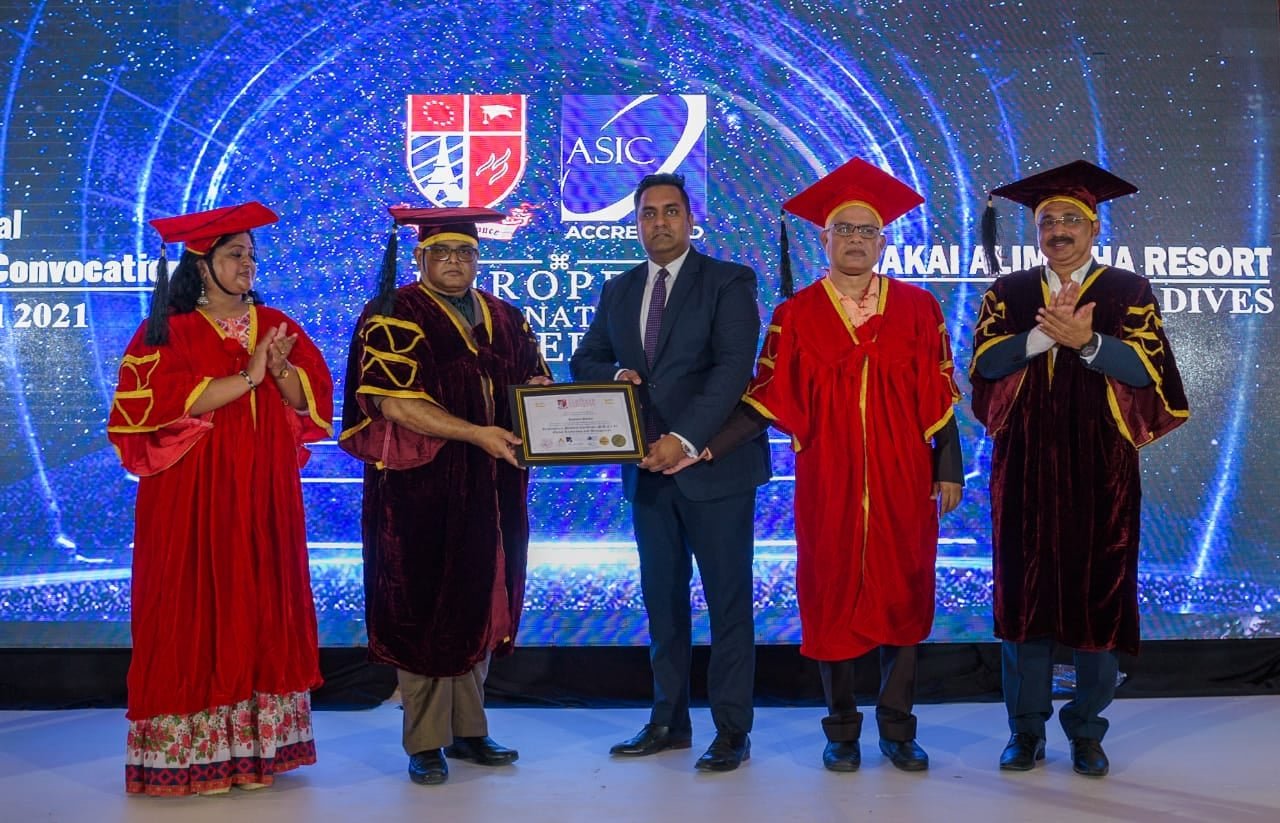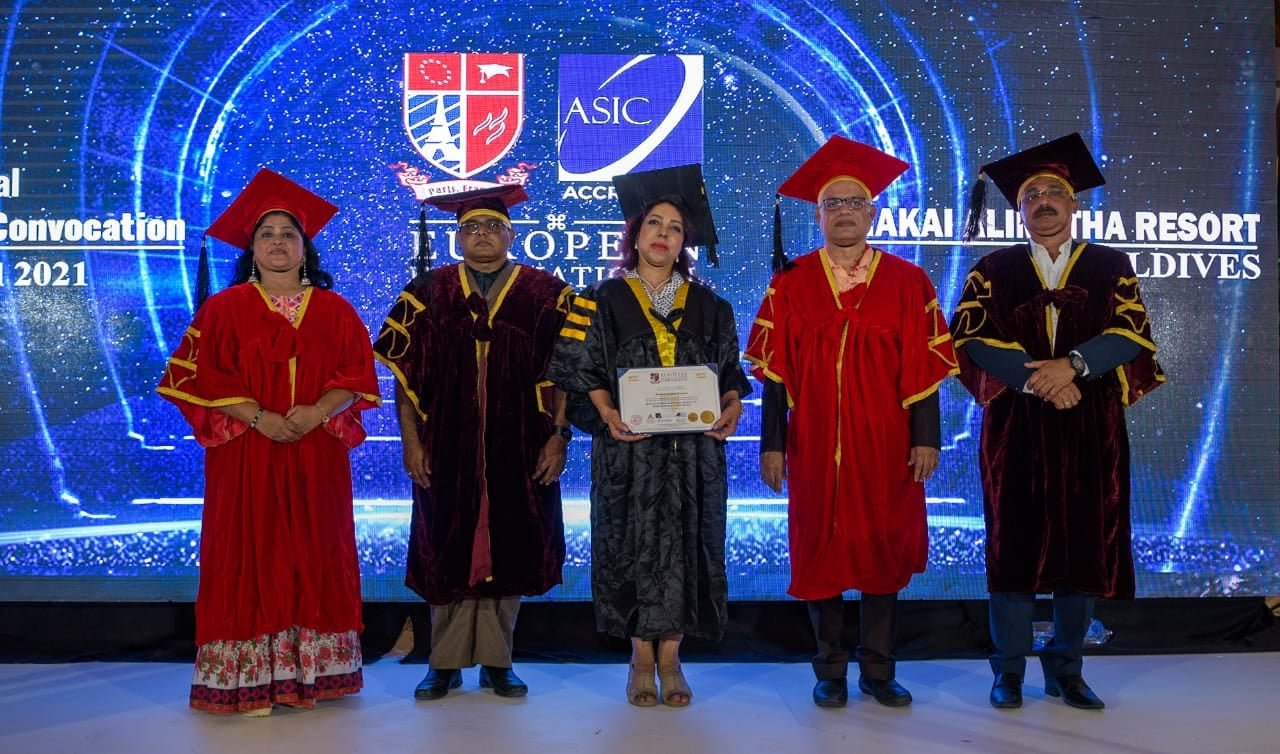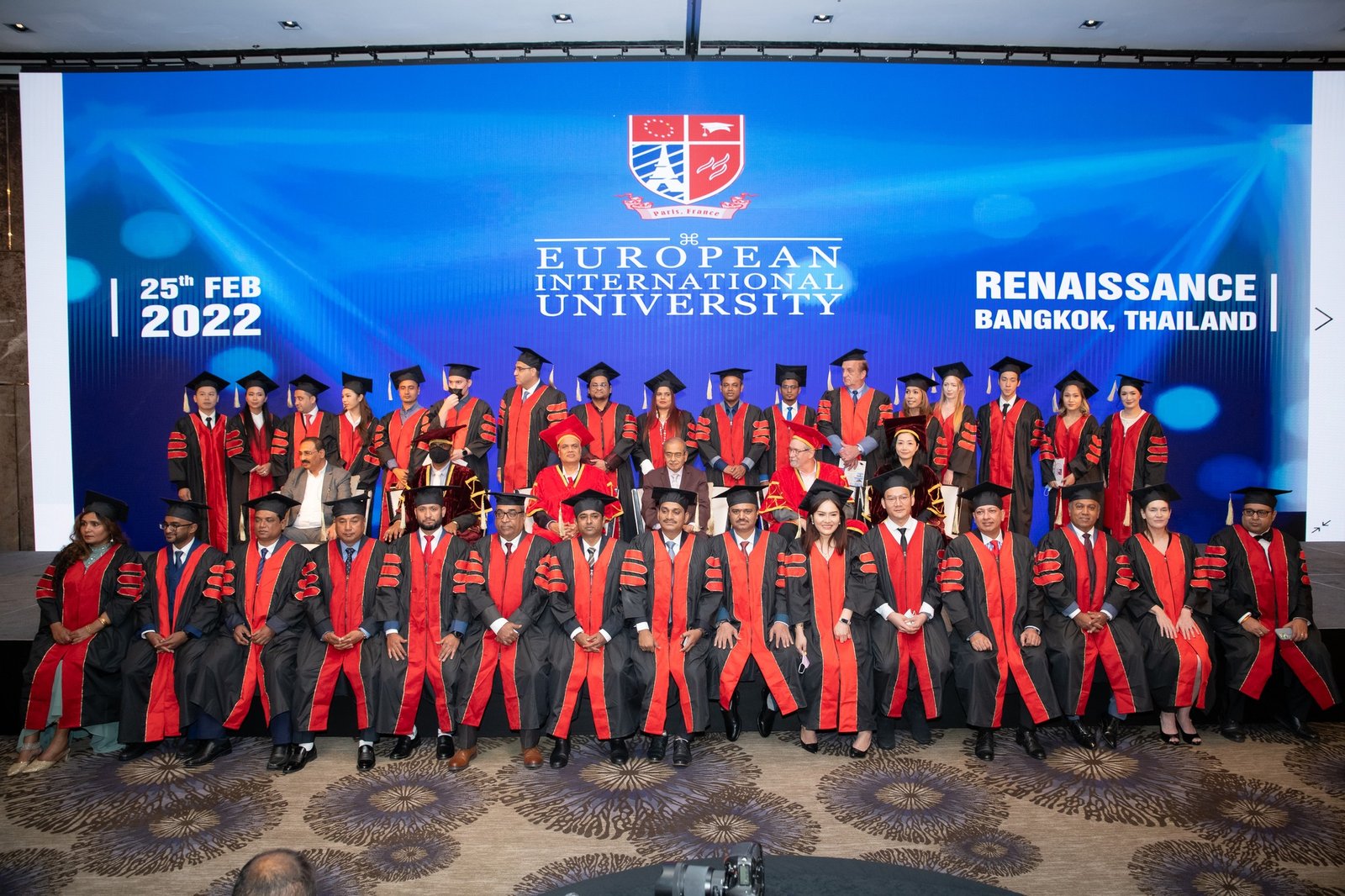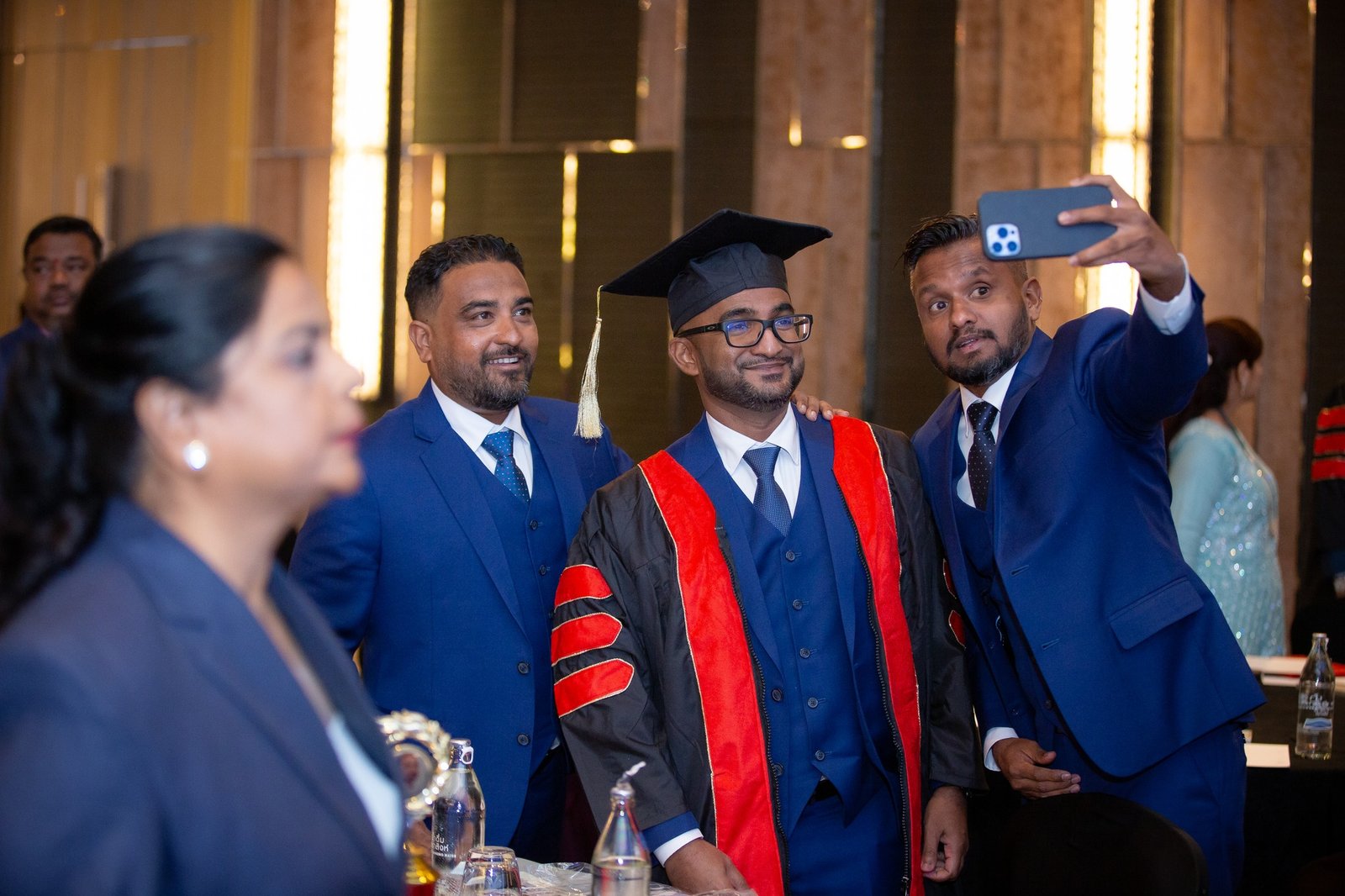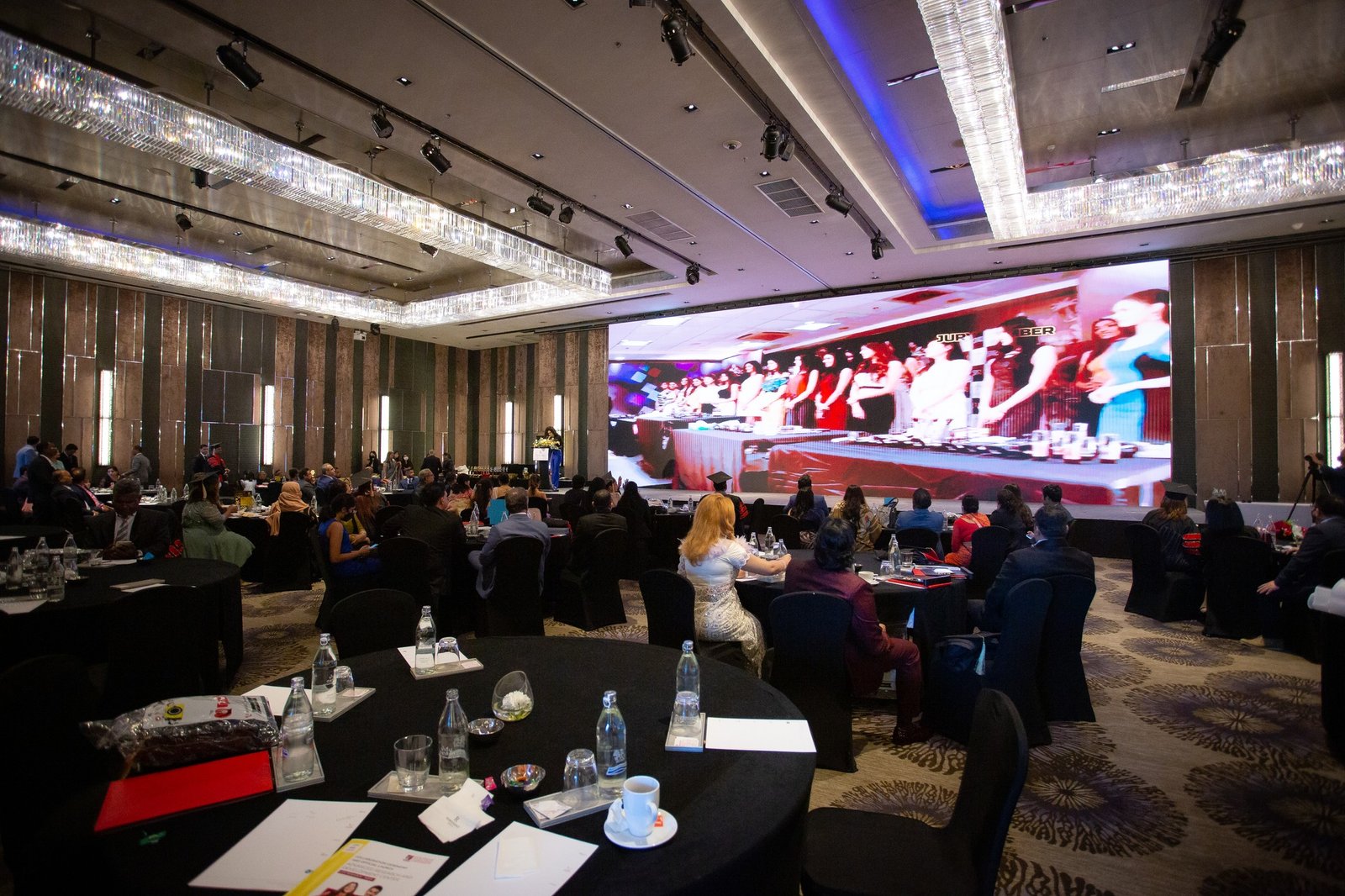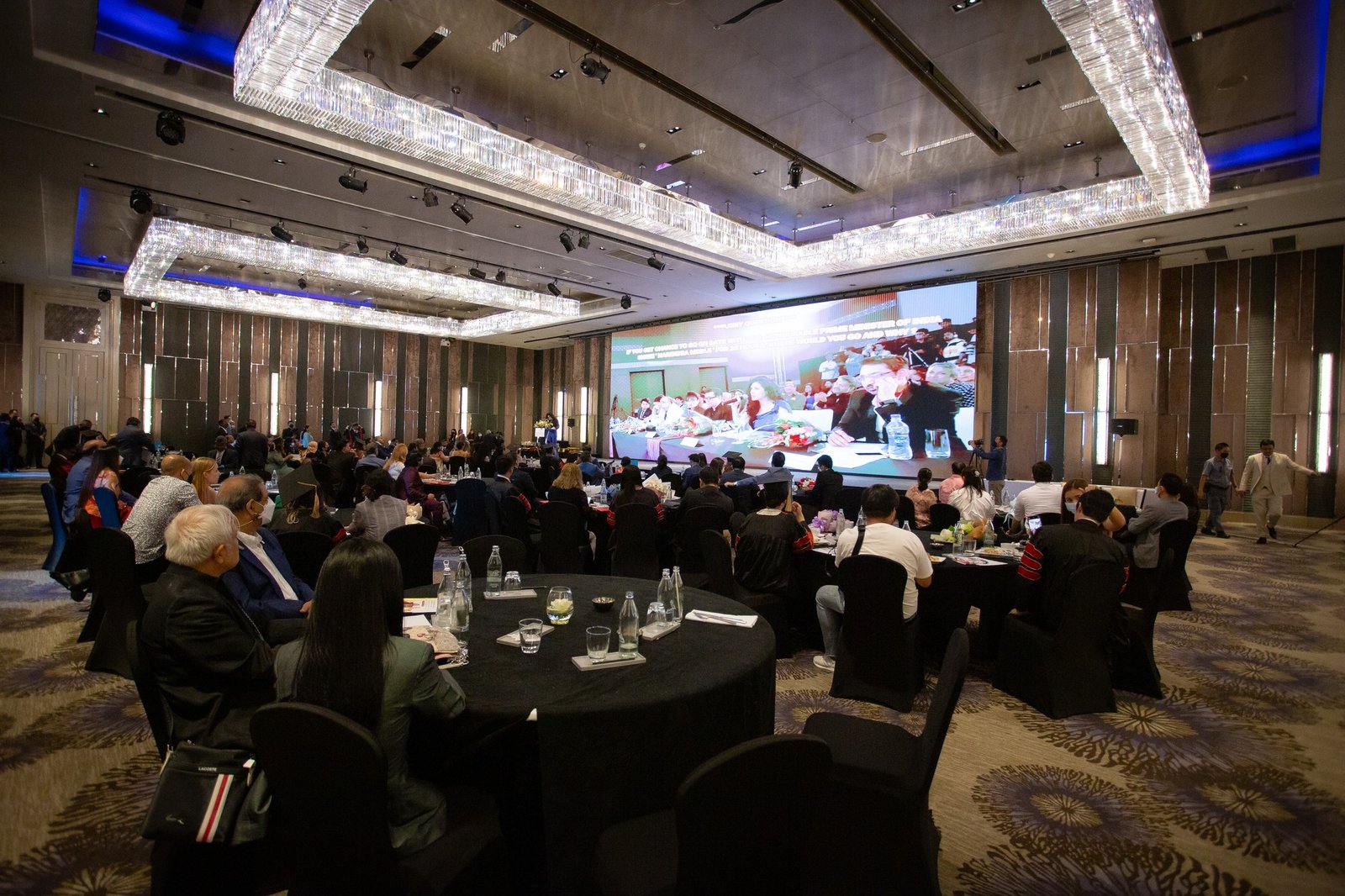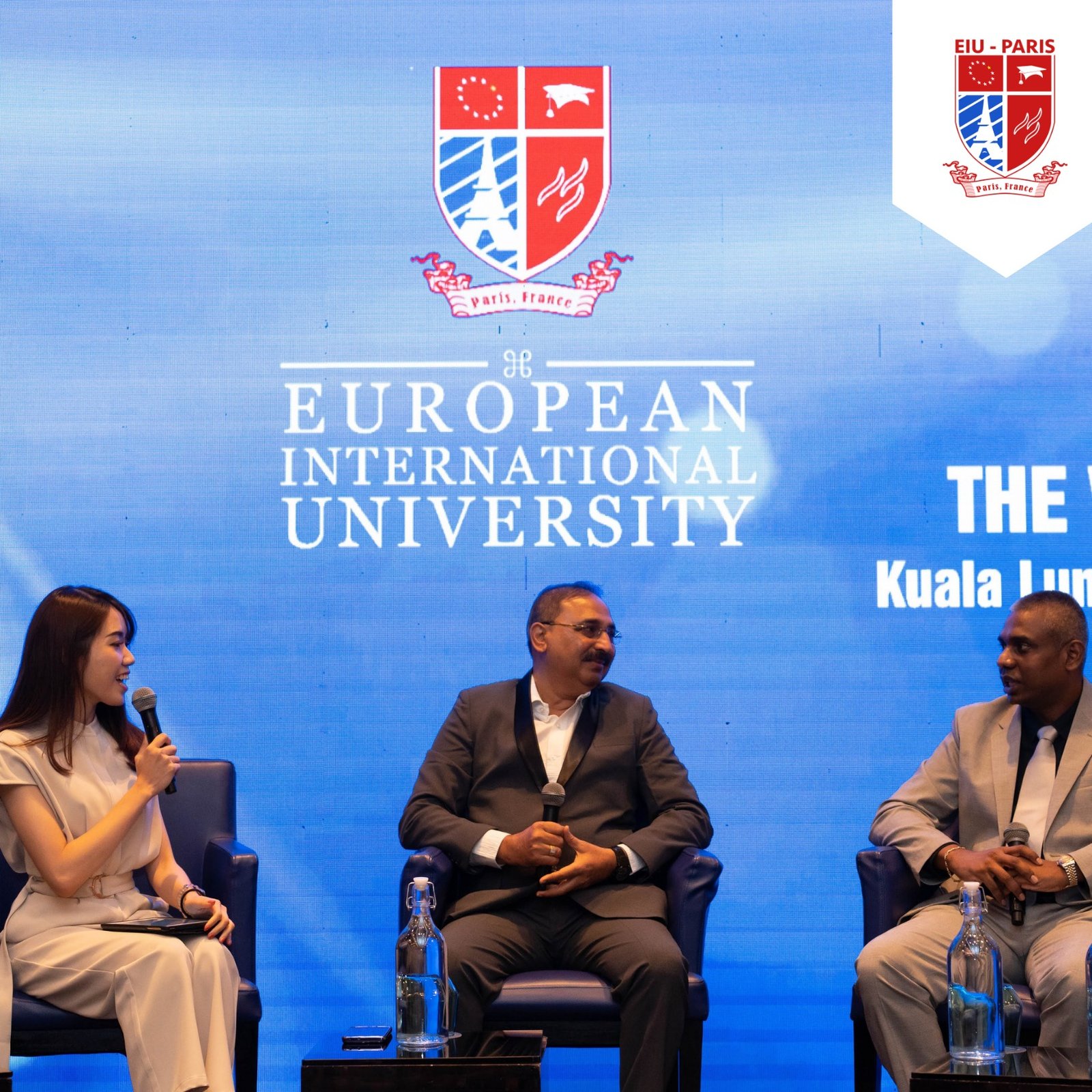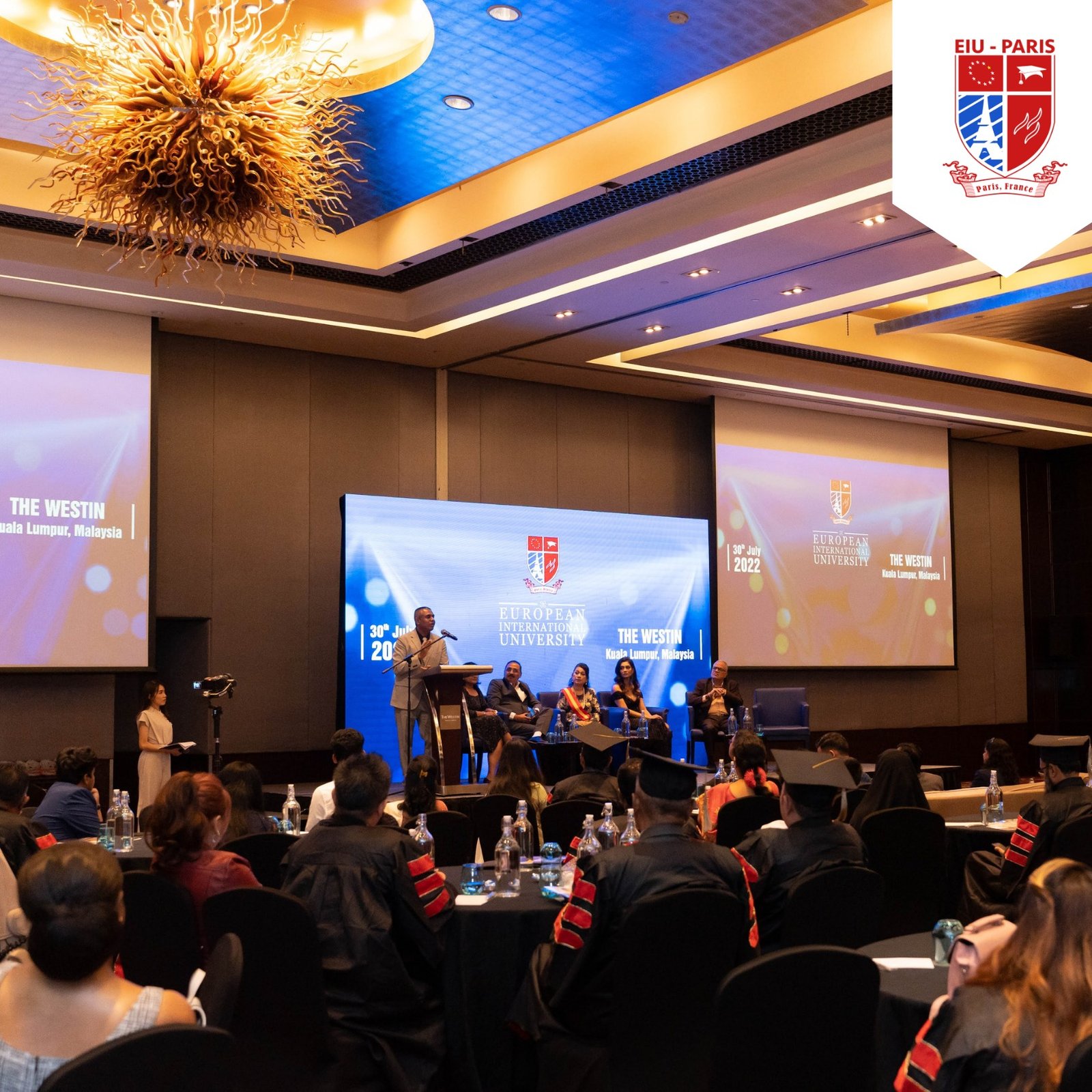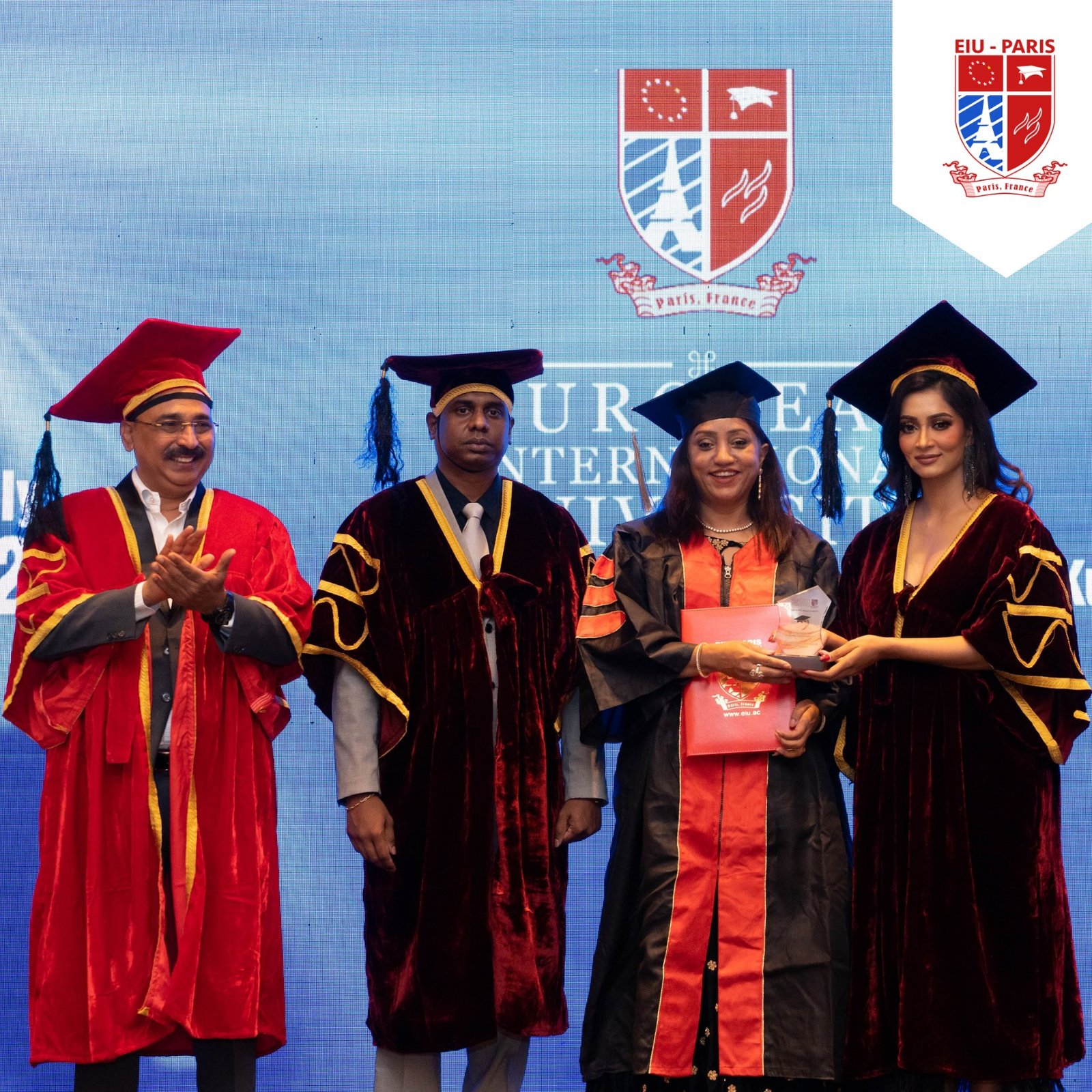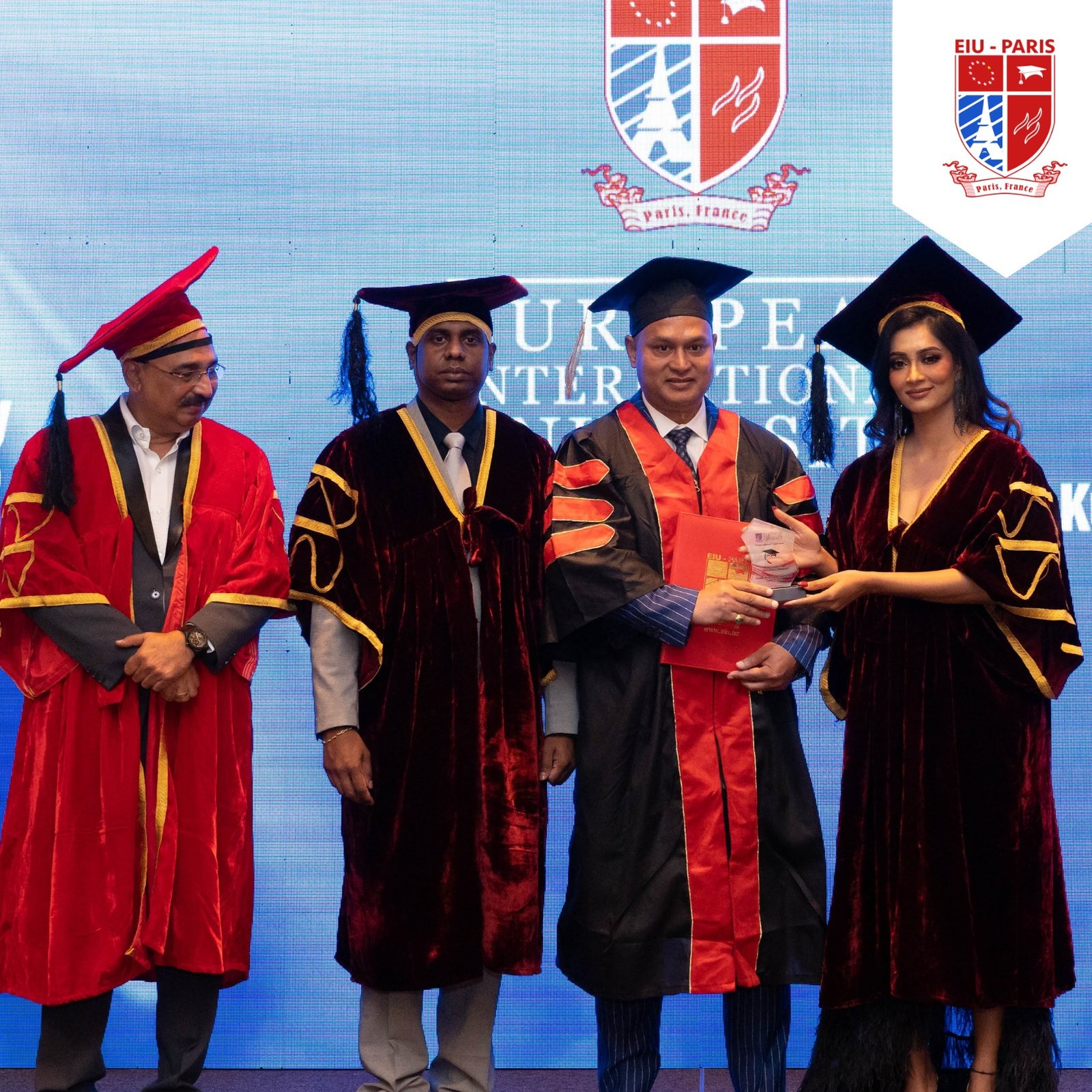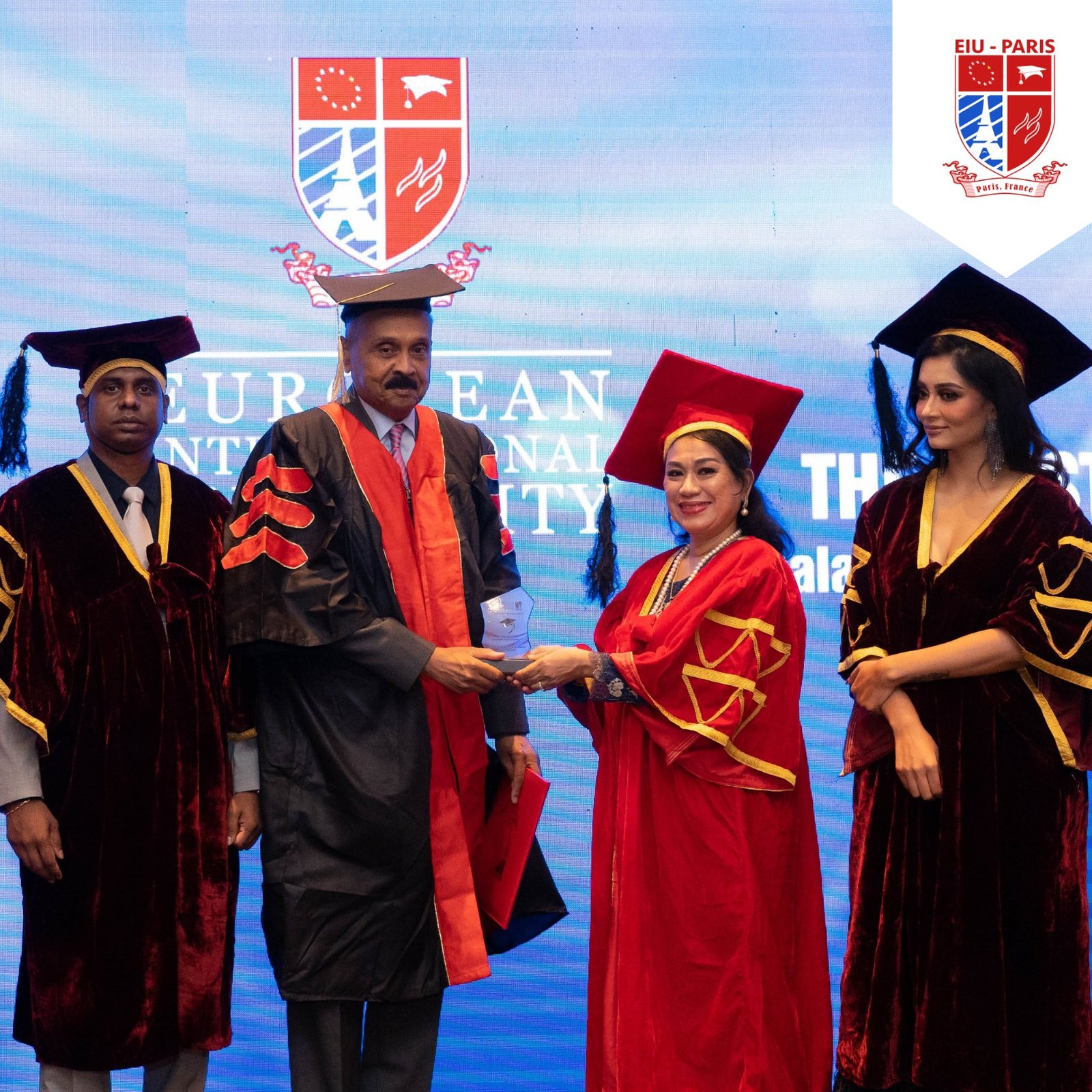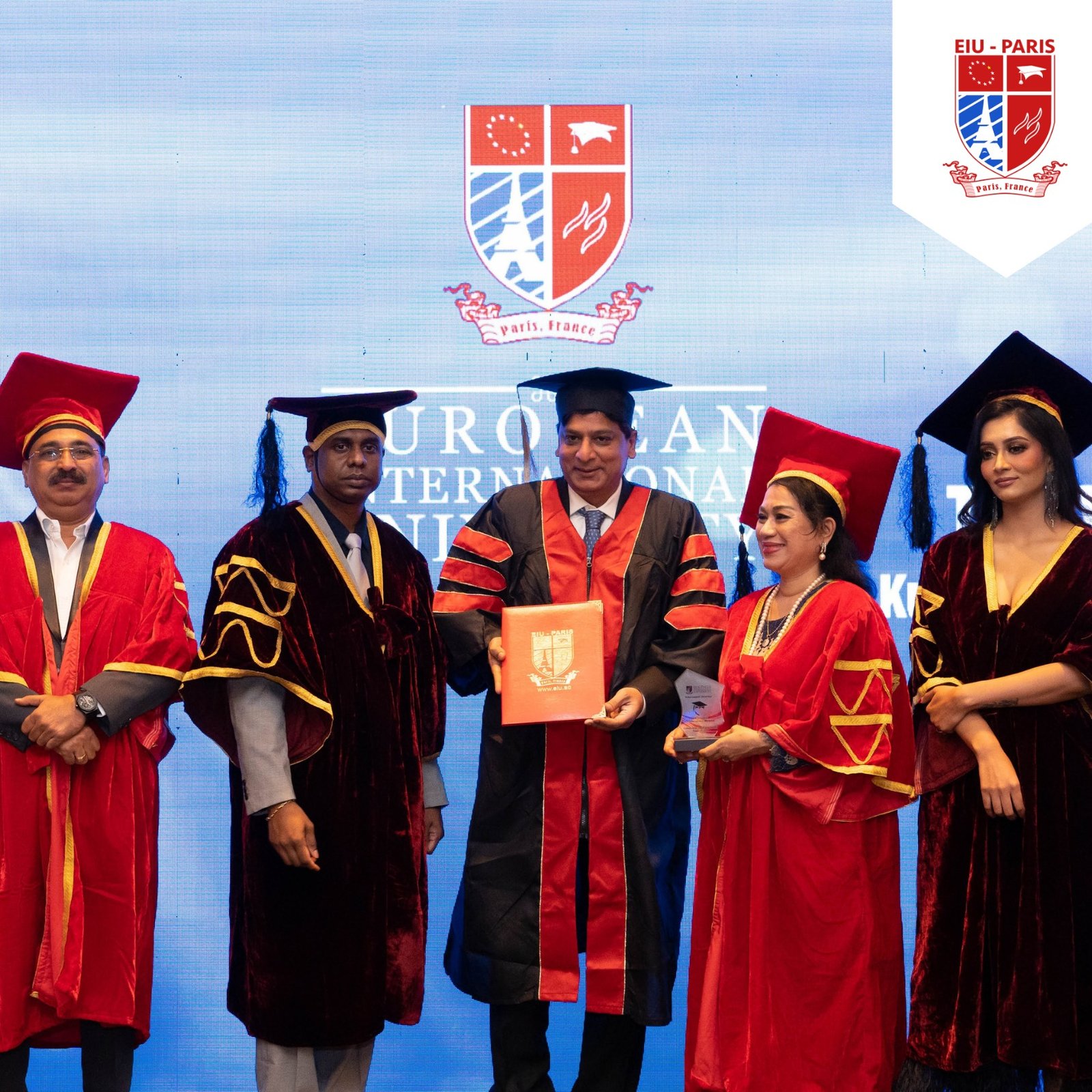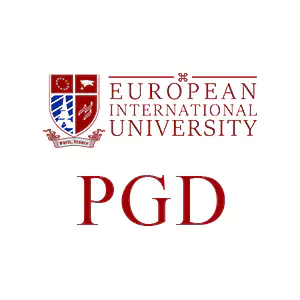EIU
EUROPEAN INTERNATIONAL UNIVERSITY
ABOUT EIU
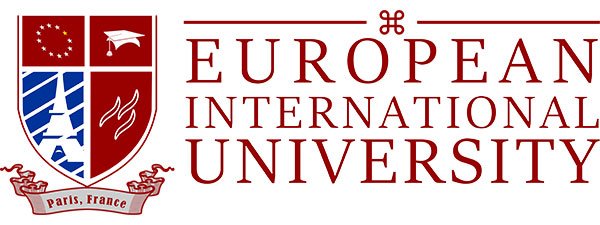
Modules
Description
The course introduces the basic concepts of operation management to the students.
More specifically, the students are to understand the important role played by the production/operation function in a business and its relation to the other functional areas.
The students will also learn on how to analyze operations decision situations using the relevant techniques.
Objective / Outcome
1-Define, elaborate and discuss relevant concepts related to the theoretical and practical Operation Management issues facing business organizations.
2-Apply appropriate techniques to solve specific real life OM issues.
3-Demonstrate their knowledge and understanding of the subject matter though group discussions and written assignments, make clear conclusion and deliver appropriate decisions for a decision
situation.
Outlines
- Time Series methods
- Forecast accuracy
- Regression methods
- Design of Goods and Services
- Goods and services selection
- Product development
- Issues with product design
- Time-Based competition
- Defining product
- Application of decision trees to product design
- Aggregate Planning
- Capacity planning
- Aggregate planning
- Adjusting capacity to meet demand
- Demand management
- Inventory Management
- Elements of inventory management
- Inventory control system
- Economic order quantity models
- Just In Time (JIT)
- Basic elements of JIT
- Benefits of JIT
- JIT implementation
- Material Requirements Planning (MRP)
- Introduction to MRP
- MRP structure and management
- Lot size techniques
- Quality Management
- The meaning of quality
- Total Quality Management (TQM)
- Strategic implications of TQM
- The cost of quality
- Process Strategy
- Four process strategies
- Process analysis and design
- Service process design
- Production technology
- Technology in services
- Location Strategy
- The strategic importance of location
- Factors affecting location decisions
- Methods of evaluating location alternatives
- Service location strategy
Description
This course enables students to understand the main functions and roles of management accounting in an organization. In addition to that, students can distinguish costs in accounting and are able to prepare financial and operating budgets. The relevance of knowledge management cost accounting is that it assists candidates to making accurate decision-making in the organization
Objective / Outcome
1-Define, describe and discuss topics covered and identify their relevance in practice and how they relate to and impact organisations in doing business activities.
2-Apply appropriate techniques to solve specific real life business legal issues.
3-Demonstrate their knowledge and understanding of the subject matter though group discussions and written assignments, make clear conclusion and deliver appropriate decisions for a decision situation.
Outlines
- Introduction To Management Cost And Accounting
- Development of Cost and Management Accounting
- Difference Between Management and Financial Accounting
- Management Accounting Role in Performance Evaluation and Rewards
- Cost Concepts And Cost Classification
- Manufacturing Costs
- Material Costs, Labour Costs and Overhead
- Opportunity Costs and Sunk Costs
- Costing Systems
- Cost Accounting Systems
- Job Order Costing
- Process Costing
- Activity-based Costing
- Cost-Volume-Profit Analysis
- Cost-Volume Relationship
- Cost Behavior and Operating Income
- Contribution Margin, Margin of Safety
- Special Decisions
- Concept of Relevant Cost Information
- Opportunity Costs, Sunk Cost
- Incremental Analysis in Common Business Analysis
- Special Order Decision, Production
- Constraint Decisions
- Operational Budgeting
- Budgeting; Basis for Planning and Control
- Establishing Budgeted Amounts
- Budget Period
- Master Budget
- Standard Costing and Budgetary control
- Concepts – standard costs and standard setting
- Variance Analysis
- Capital Budgeting
- Significance of Decision Rule
- NPV and IRR Methods
- Capital Rationing and Risk
- Frontiers of Management Accounting
- TQM and Cost of Quality
- Benchmarking
- Advanced Manufacturing Technology
Description
This subject helps participants understand the concept and knowledge on managing human resources and its application in organization. Areas of focus include an overview of human resource environment and challenges faced by organization, managing work flows and job analysis, legal aspect of HR in Malaysia, human resource planning and recruitment, selection and testing process, training and development, managing organizational renewal, appraising and improving performance, managing compensation and incentives, occupational safety and health at workplace and employee relations.
Objective / Outcome
1-Define, elaborate and discuss relevant concepts related to the theoretical and practical Human
Resource Management issues facing business organizations.
2-Apply appropriate techniques to solve specific real life HR issues.
3-Demonstrate their knowledge and understanding of the subject matter though group discussions
and written assignments, make clear conclusion and deliver appropriate decisions for a decision situation.
Outlines
- Overview of the HR Environment and the Challenges Faced by Organization
- Understanding the Role of HR and Its Importance
- HR Strategies to Improve Firm’s Performance
- Managing Work Flows and Job Analysis
- Structuring and Designing Organization
- Designing Jobs and Conducting Job Analysis
- HRIS
- Legal Aspects of Human Resource
- Understanding the Legal Environment
- EEOQ and Fair Employment Practices
- Human Resource Planning Recruitment and Selection
- Techniques of HR Planning
- Forecasting Demand and Supply
- Recruiting Job Candidates
- Training and Development of Employees
- Why Training & Education is important?
- Training Process & Techniques
- Evaluating Training Investment
- Training and Development of Employees
- Why Training & Education is important?
- Training Process & Techniques
- Evaluating Training Investment
- Appraising and Improving Performance
- Process and Methods of Appraising
- Problems in Appraising
- Managing Compensation and Incentives
- Basic Factors in Determining Pay Rates
- Types of Compensation & Benefits
- Managing Safety and Health at Workplace
- Establishing OSHA Programs
- Creating a Healthy Work Environment
- Employee Rights and Discipline
- Developing Employee Communications
- Administering and Managing Discipline
Description
This module offers opportunity for senior-level managers to acquire export insights,
explore leadership and people management concepts and examine actionable strategies for building the kind of leadership and people management to enable employees to deliver their optimum performance,
this module also aims to provide students with the ideas,
frameworks and tools required increasing an environment and culture in which individuals feel compelled to innovate and contribute to a transforming work environment.
Objective / Outcome
- Incorporate the characteristics of good leadership into corporate projects and routine work.
- Explain why different types of leadership styles impact a company’s culture.
- Map out the qualities, characteristics, and behaviors of an effective leader and choose one that will work with a particular organization’s leadership style.
- Demonstrate their knowledge and understanding of the subject matter through group discussions and written assignments.
Outlines
-Definition and Significance of Leadership
- Definition of Leadership
- Key Elements of Leadership
- Why Do We Need Leaders?
- Obstacles to Effective Leadership
- Leadership and Management
-The Global and Cultural Contexts
- Learning Objectives
- Defining Elements of Culture
- Hall’s Cultural Context
- Individualism—Collectivism
- GLOBE Country Clusters
- GLOBE Cultural Leadership Profiles
- Suggested Causes for Gender Inequality in Organizations
-The Foundations of Modern Leadership
- Eras of Modern Leadership
- The Trait Era—Assumptions and Findings
- The Behavior Era—Assumptions and Findings
- Fiedler’s Contingency Model
- Task and Relationship—Motivated Leaders
- Fiedler’s Contingency Mode
- Practical Implications of Fiedler’s Contingency Model
- Contingency Factors in the Normative Decision Model
- Path-Goal Theory
-Individual Differences and Traits
- Individual Differences Framework
- Demographic Characteristics
- Abilities and Skills
- Skills and Career Progression
- How Traits Play a Role in Leadership
- Proactive Personality
- The Dark Triad
-Power
- DefinitionsImpact of Power on Power Holder
- Culture and Power
- Potential Reactions to Individual Sources of Power
- Career Stages and Power
-Current Era in Leadership: Inspiration and Connection to Followers
- Benefits of the New Era Approaches
- Requirements of Charismatic Leadership
- Elements of the Charismatic Situations: External Factors
-Leading Teams
- Continuum of Participation
- Benefits of Participation
- Benefits of Delegation
- Elements of Self-Leadership
- Structural Factors in Building Effective Teams
- Role of Team Leaders
-Developing Leaders
- Definitions
- Types of Development
- Factors in Learning
Description
This module is specifically designed for individuals involved in Financial Planning, Accounting Records, Financial Monitoring and Internal Control System. This module will ensure that the students prove to be an invaluable to their respective organisations, possessing important skills in the four areas mentioned above. The module will help them to manage multiple financial management responsibilities more effectively and efficiently.
Objective / Outcome
At the conclusion of the module, it is intended the following instructional objectives would have been attained. The student will be able to:
1. Develop an understanding of the financial management framework.
2. Accurately analyse financial statements in order to make better informed decisions for a company.
3. Determine appropriate financing sources for a particular project.
4. Evaluate the cost of capital for a specific investment.
5. Describe the advantages and disadvantages of leverage.
6. Make dividend policy recommendations to a corporation.
7. Determine and appraise potential investments value to the corporation.
8. Assess the financial health of a corporation through its working capital ratios.
Outlines
1. Financial Management: An Introduction to the Basics 2. Financial Statement Analysis 3. Financing Sources 4. Capitalization 5. Capital Structure 6. Cost of Capital 7. Type of Leverage 8. Dividends Decision and Policies 9. Capital Budgeting 10. Working Capital Management
Description
This module includes a study of strategic planning including mission statement development, analysis of the external environment and internal organisational factors, development of strategic alternatives, selection of appropriate alternative, implementation of strategies and competitive strategies and dynamics. Special emphases are given to the integration and coordination of the function areas within the enterprise. The case method will be used to provide practical experience in analysis and decision-making in the solution of business problems.
Objective / Outcome
At the conclusion of the module, it is intended the following instructional objectives would have been attained. The student will be able to:
1. Construct the essential strategic framework for a company.
2. Summarise the impact of the schools of strategies on a company’s strategic plans.
Outlines
1. The Essentials of Business Strategy
2. The Process of Strategic Formulation
3. Strategic Internal and External Analysis
4. Schools of Strategy: Planning, Positional, Resource
5. Organisational Strategies and Competitive Advantage
6. Strategic International Trade and Globalisation
Description
Marketing Management is the art and science of choosing target markets and getting, keeping and growing customers through creating, delivering and communicating superior customer value. Marketing management seeks to meet organisational objectives by effectively satisfying customer in a dynamic environment. This module provides an overview of marketing processes and marketing principles and provides student with the opportunity to apply the key concepts to practical business situations.
Objective / Outcome
At the conclusion of the module, it is intended the following instructional objectives would have been attained. The student will be able to:
1. Assess the target market.
2. Create a marketing plan for a corporation.
3. Apply marketing strategies to gain more market shares.
4. Manage a company’s public relations platforms.
5. Analyse target markets for a company. Module ContentsAt the conclusion of the module, it is intended the following instructional objectives would have been attained. The student will be able to:
1. Assess the target market.
2. Create a marketing plan for a corporation.
3. Apply marketing strategies to gain more market shares.
4. Manage a company’s public relations platforms.
5. Analyse target markets for a company.
Outlines
1. What is Marketing
2. Marketing Basics and General Concepts
3. Public Relations and Marketing
4. Marketing Procedures
5. Understanding the Buyer
6. Marketing Targets, Segments and Positioning
Description
This hands-on module provides students with the fundamentals associated with project management. Students take a case study through the essentials of a four-phase project planning process, learn about the unique challenges at each stage and see how a project manager’s master of essential knowledge increases the likelihood of project success. Advanced concepts in project management are introduced and include multi-project management, estimating and budget development, the Theory of Constraint Planning and Earned Value theories, communications planning, project control, earned value and integration management, risk management, time management, negotiation and conflict management, contracting and procurement planning.
Objective / Outcome
At the conclusion of the module, it is intended the following instructional objectives would have been attained. The student will be able to:
1. Develop an understanding of the project management framework.
2. Organise projects with larger projects.
3. Evaluate how to effectively manage the project.
4. Project completion times.
5. Evaluate the project’s cost.
6. Determine appropriate financing sources for a particular project.
7. Create quality control measures for a given project.
8. Assess projects risk.
Outlines
1. Project Management: An Introduction to the Basics
2. Key Components of a Project
3. Organisational Effects and Project Life Cycle
4. Project Integration Management
5. Project Scope Management
6. Time & Project Management
7. Cost Management
8. Quality Control of a Project
9. Risk Management
| MBA -EIU | Start Date |
|---|---|
| Strategic Management | 24-Nov-2024 |
| Human Capital Management | 9-Jan-2025 |
| Marketing Management | 24-Feb-2025 |
| Managing Operations | 11-Apr-2025 |
| Leading Organization | 27-May-2025 |
| Financial Management | 12-Jul-2025 |
| Project Management | 27-Aug-2025 |
| Managerial Accounting | 12-Oct-2025 |
This table is adjustable.
| DBA(AITU&EIU) | Start date |
|---|---|
| Culture Issues in Management | 22-Nov-2024 |
| Managerial Economics | 3-Jan-2025 |
| Global Operations Management | 14-Feb-2025 |
| Project Implementation | 28-Mar-2025 |
| Dissertation Research and Data Collections | 9-May-2025 |
| Dissertation Research, Literature Review and Proposal Defense | 25-Jul-2025 |
| Dissertation Analysis and Defense | 5-Sep-2025 |
| International Business | 17-Oct-2025 |
| Human Resource Management Issues | 28-Nov-2025 |
| Strategic Management | 9-Jan-2026 |
This table is adjustable.
Some important points:
* The current table can change the order of subjects according to the doctor for each subject.
* The duration of studying the subject is about 45 days, because there is a week of study and a week of vacation.
There is a possibility of combining two weeks together or postponing a week, coordination and reporting are done through the responsible department in advance.
* Please take into account the official holidays according to the country’s time (Egypt).
